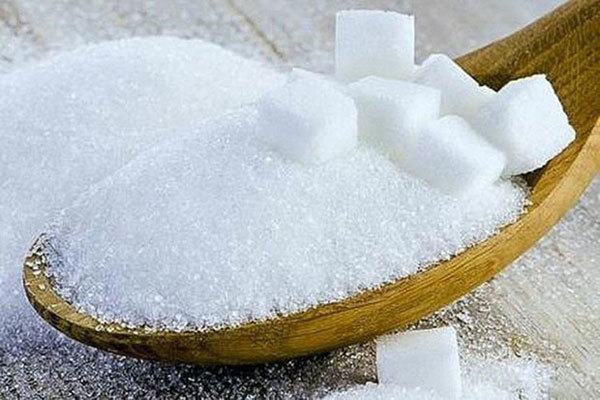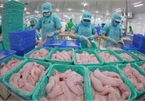 |
| Imports of sugar into Vietnam have risen ten-fold in the past year. Much of it is thought to come from fraudulent origins. — File Photo |
Early this year, TRAV noted that at least 11 domestic products were at high risk of investigation for trade defence measures or origin fraud, including Vietnamese plywood quartz products, ceramic tiles and electric bikes.
According to the Vietnam Timber and Forest Product Association (VIFOREST), by the end of last year, many newly-established Vietnamese companies had imported wood for kitchen and bathroom furniture from China. It is thought that these imported materials were from fraudulent origins, to enjoy tax incentives when exporting to the US market.
A representative of VIFOREST said it required the relevant authorities to conduct impromptu inspections to find out who had helped these businesses in importing these products.
The local steel industry had already faced lawsuits against tax evasion and dumping from 2004-2020; most were for anti-dumping violations.
The Vietnam Steel Association has warned of the risk of losing out on exports and preferential tariffs due to intellectual property violations, as some local businesses help exporters to profit from products of fraudulent origins.
Dinh Cong Khuong, director of Khuong Mai Steel Company, said authorities needed to issue heavier penalties on those who try to profit on products from fraudulent origins, as this practice has a negative impact on the whole industry.
Most lawsuits against local steel products in recent years stemmed from the fact that foreign products are imported into Vietnam for processing, and then are labelled as originating from Vietnam. This kind of trade fraud greatly affects local steel products that are to be legally exported to foreign markets.
In the past, many local steel producers had to import hot-rolled steel products into Vietnam due to a prolonged shortage of raw materials. Now though, some local steelmakers can produce hot-rolled steel products.
Khuong said the relevant ministries needed to issue specific regulations on the importation of both raw materials or finished steel products.
Vietnamese enterprises have also been advised on how to deal with products of fraudulent origin being imported. The Vietnamese sugar industry is facing unfair competition from imported and smuggled sugar from other ASEAN countries.
The Vietnam Sugarcane and Sugar Association (VSSA) reported that there had been an unusual phenomenon in sugar imports into Vietnam from ASEAN countries.
In the first half of this year, the amount of sugar imported from Cambodia, Laos, Malaysia, Myanmar and Indonesia into Vietnam reached 399,189 tonnes, 10 times the amount imported during the same period of 2020.
Last month the Ministry of Industry and Trade (MoIT) decided to investigate the evasion of trade laws on sugar cane products originating from Thailand, at the request of domestic sugar producers.
A petition by VSSA and domestic cane sugar refineries submitted evidence that Thai cane sugar products, subject to anti-dumping and anti-subsidy taxes, have entered the Vietnamese market through five ASEAN countries; Laos, Cambodia, Indonesia, Malaysia, and Myanmar.
Source: Vietnam News

Many Vietnamese seafood exporters are not subject to US anti-dumping tariffs
The US Department of Commerce (DOC) has announced the preliminary results of the 17th period of review (POR17) for the period from August 1, 2019 to July 31, 2020, regarding Vietnam’s tra and basa fish (pangasius) exported to the US.

Legal framework to be improved to promote e-commerce and prevent trade fraud
Vietnam is improving its legal framework to promote the development of e-commerce with a focus on preventing trade fraud.